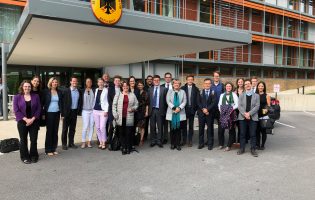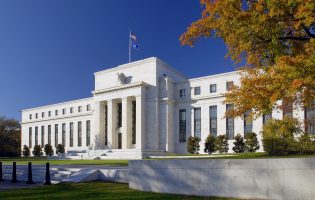EU breathes sign of relief over transatlantic trade row
Europe’s breathing a sigh of relief after Donald Trump and the European Commission President agreed to tackle their transatlantic trade row. Featuring Peter Rashish via Euronews on July 26, 2018.
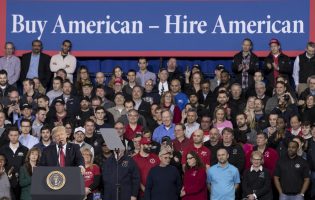
Protectionism Is the Wrong Medicine
The principles of a liberal economic and social order have assured increasing wealth and living standards in the last decades and globalization has been one of the main driving engines …
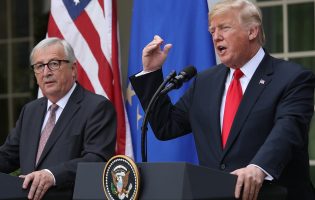
For Now, the White House Sees Trade with the EU as Win-Win
The transatlantic trade truce announced by President Trump and EU Commission President Juncker after their meeting in the White House yesterday is significant for two reasons. First, the U.S. president …

President Trump’s trade war, launched without a strategy to win it, is backfiring
President Donald Trump has told us that “trade wars are good, and easy to win.” He seems to have thought that just threatening to impose tariffs would bring other countries to their …
Recent Authors
AGI provides knowledge, insights, and networks as tools to solve the challenges ahead.
Support Our Work
Galina Kolev, AGSR Fellow
AGI is pleased to welcome Galina Kolev as an AGI/GMF Fellow with the American-German Situation Room in Washington, DC, in July 2018. Galina Kolev is senior economist and head of …

Germany’s Real LNG Strategy
The German federal government has decided in favor of building liquid natural gas (LNG) import terminals and infrastructure. In March, Chancellor Angela Merkel’s CDU/CSU-SPD government, in its “coalition contract,” pledged to …
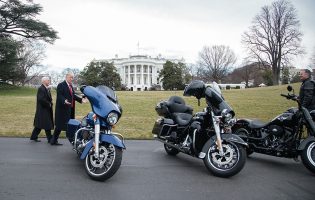
Ending the U.S. Trade Deficit with Europe: Inevitable, or Unnecessary?
“If something cannot go on forever it will stop.” – Herbert Stein, Chair of the White House Council of Economic Advisers 1972-74 When seeking to understand U.S. trade policy toward …

What Germany Can Teach Us About Manufacturing, Technology, and Trade
AGI Geoeconomics Program Director Peter Rashish spoke on a panel on “What Germany Can Teach Us About Manufacturing, Technology, and Trade” at the Aspen Ideas Festival on June 26, 2018. …
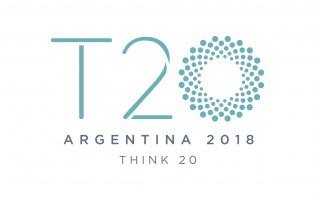
Mitigating the Adjustment Costs of International Trade
About the publication: The evidence demonstrating that nations gain from trade is overwhelming. However, trade liberalization can cause disruption to firms and workers, and its gains and losses are spread …




